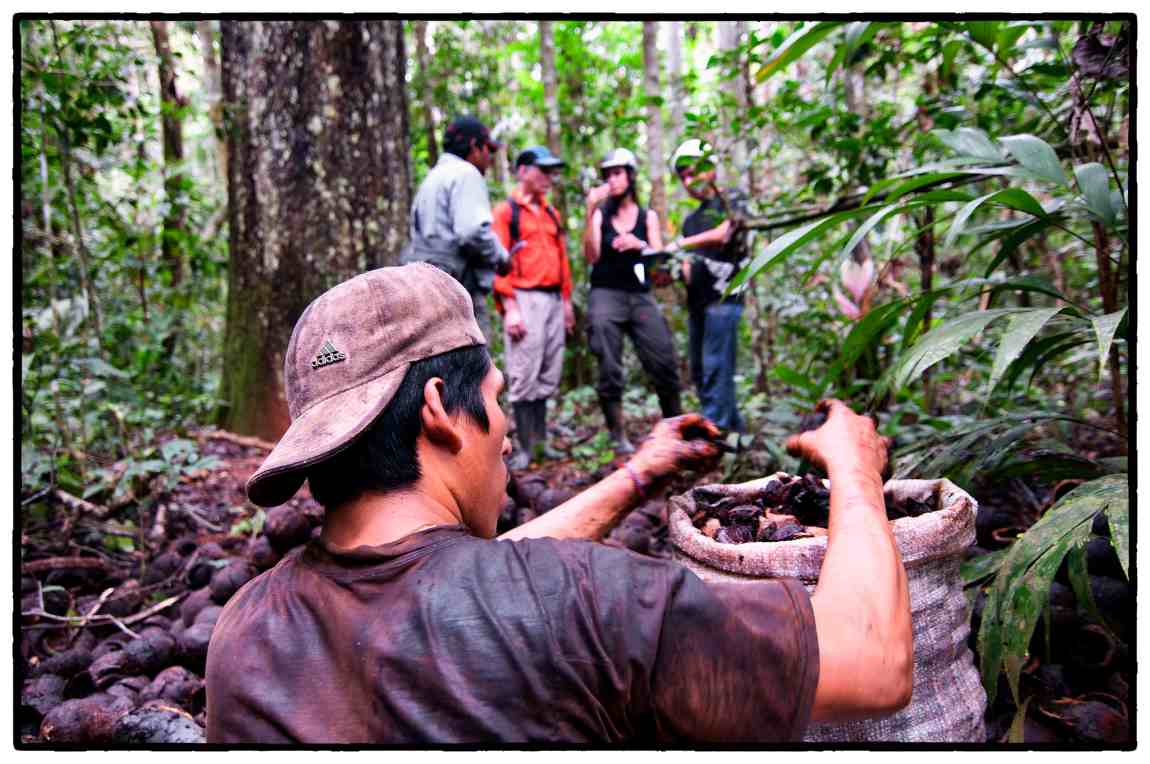A coalition of global organizations launched the Pan-Amazon Network for Bioeconomy today at COP16, uniting over 20 partners with the goal of fostering a sustainable, locally-led bioeconomy in the Amazon.
Spearheaded by the World Resources Institute (WRI) and Conservation International, the alliance aims to prioritize the preservation of standing forests, biodiversity, and the livelihoods of Amazonian communities.
The network brings together a broad spectrum of stakeholders, from Indigenous communities and local producers to financial institutions and civil society. Its mission is to bridge the gap between conservation and economic growth by promoting non-timber forest products and services. These include sustainable agriculture and cosmetic products, modeled on successful initiatives such as Agrosolidaria Florencia and the Amazon Business Alliance.
Vanessa Pérez-Cirera, Global Director for Economics at the World Resources Institute, emphasized the importance of the new initiative: “Today marks a crucial step toward unlocking the tremendous potential of the Amazon bioeconomy.” She added that the Network envisions a bioeconomy fully recognized as an economic sector by 2035.
Key areas of focus for the alliance include securing sustainable financing, ensuring fair market practices, and harmonizing policies.
“We’re aiming at charting a new economic path that respects the region’s unique ecosystems and cultural heritage,” said Rachel Biderman, Senior Vice President, Americas at Conservation International.
Joana Oliveira, Executive Secretary of the Network, noted the urgency of the situation: “The Amazon is an irreplaceable ecosystem teetering on the brink of collapse (…) The Pan-Amazon Network is committed to ensuring the region pursues a new economy rooted in conserving forests, protecting rivers, and investing in quality livelihoods.”
Featured image credit: Marco Simola/CIFOR | Flickr | CC BY-NC-ND 2.0




